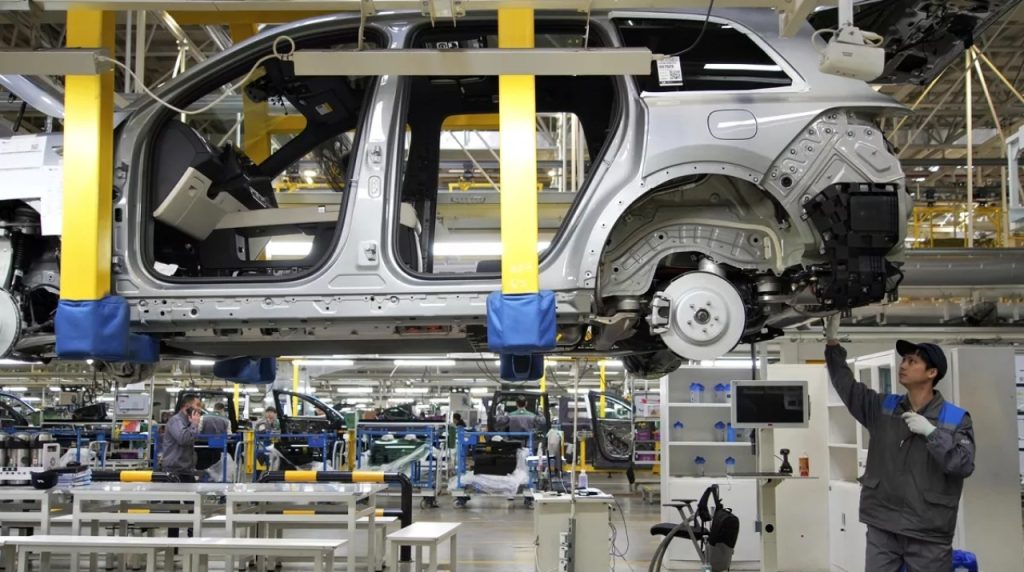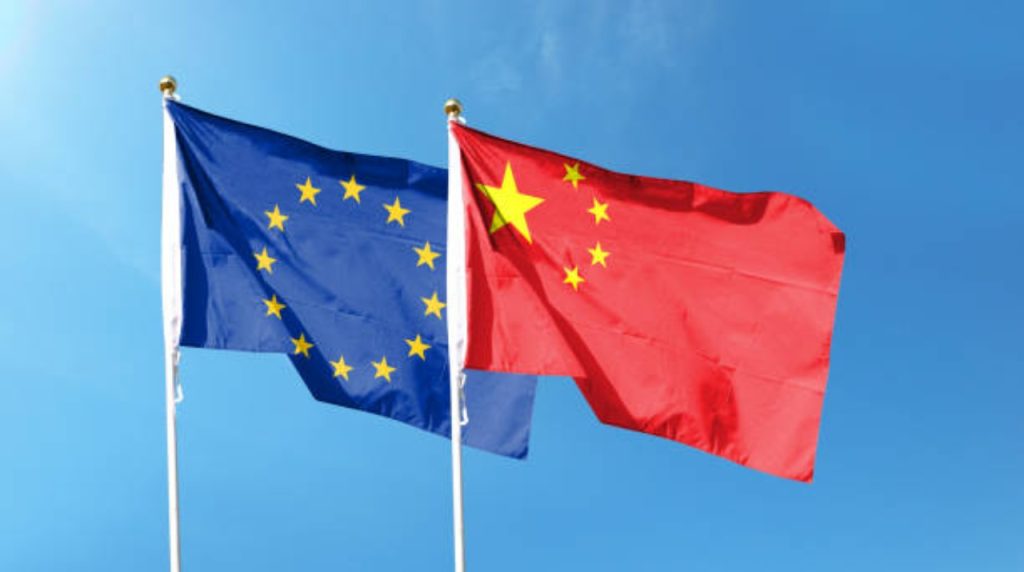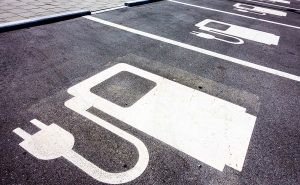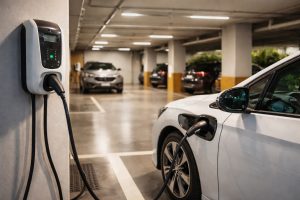
EU Tariffs on China Keep Market on Hold

Bloomberg news agency says in an opinion piece that the European Union’s decision to impose tariffs of up to 45% on Chinese electric vehicles is “a misstep that should hopefully lead to a mutually beneficial negotiation, not start a trade war that leaves both sides worse off.”
The EU’s electric vehicle policy could backfire, undermining its own decarbonization goals, reducing competitive pressure on domestic companies and stifling innovation and productivity, warns the article published Friday.
According to the note, tariffs could fuel calls for more trade barriers and state aid, driving “an industrial policy that is already failing.”
You may also read: China Urges EU to Eliminate Electric Vehicle Tariffs
Trade Conflict
According to Bloomberg, such tools are being overused, undermining the EU’s commitment to free trade, the text says, noting that other investigations are underway, as is the case with wind turbine suppliers and Chinese government procurement.

While supporters say the tariffs will push Chinese automakers to build capacity in Europe, Bloomberg noted that it will take time for China to build distribution and service networks in Europe.
Despite a surge in imports of Chinese-made electric vehicles since 2020, Chinese brands only account for about 8 percent of new battery-electric vehicle sales.
Meanwhile, European automakers still need access to the burgeoning Chinese market.
“High costs, slow innovation, regulatory challenges and fragmented capital markets weigh heavily on European automakers,” Bloomberg notes.





